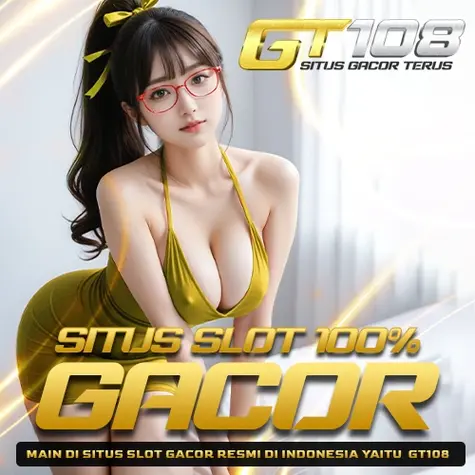GT108: Situs Slot Gacor Mahjong Scatter Hitam x15.000 Maxwin Hari Ini
Link Situs Slot Gacor Mahjong Scatter Hitam
GT108 merupakan situs slot gacor yang menyediakan game Mahjong dengan fitur terbaru yaitu scatter hitam x15.000 gampang maxwin hari ini. Sebagai situs slot resmi, GT108 bermitra dengan Pragmatic dan PG Soft untuk sehingga member dapat mengakses website tanpa perlu menggunakan VPN. Hanya dengan modal depo minimal 10ribu, Anda sudah bisa bermain slot gacor mahjong untuk mencari scatter hitam x15.000 yang lagi viral. Bagi para penggemar slot gacor, situs slot GT108 merupakan pilihan tepat, karena tersedia berbagai pilihan slot online selain Mahjong, tentunya gak kalah gacor karena kemudahan turun scatter. Berikut jenis slot gacor pilihan di situs GT108 Resmi lainnya:
- Gates of Olympus Xmas 1000
- Mahjong Wins 3 Hitam Scatter
- Starlight Princess
- Gates Of Olympus Super Scatter
Daftar akun gacormu, lalu login untuk main slot mahjong yang lagi gampang maxwin langsung turun scatter hitam x15.000 dengan klik link https://luxerox.com/
-
Smart Speakers
-
With Screens
-
Alexa on the go
-
E-Readers
-
Doorbells
-
Accessories
-
Wi-Fi 6
-
Wi-Fi 7


